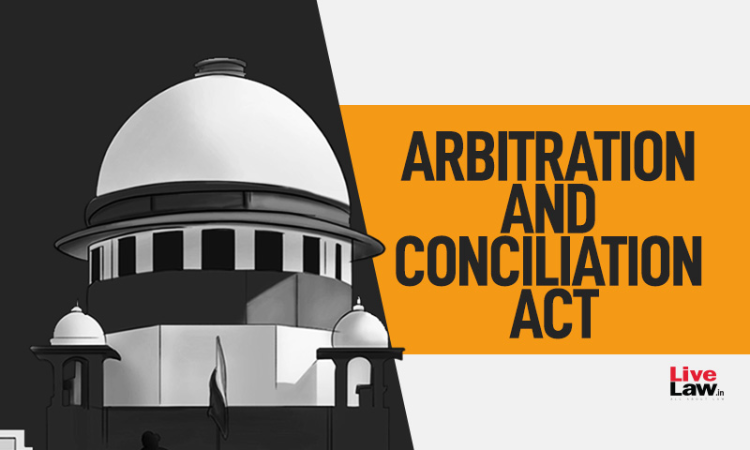A Constitution Bench of the Supreme Court, on Tuesday, commenced with the hearing of reference, which pertains to the issue - whether the arbitration clause in a contract, which is required to be registered and stamped, but is not registered and stamped, is valid and enforceable.On a previous occasion, a 5-Judge Bench comprising Justice K.M. Joseph, Justice Ajay Rastogi, Justice Aniruddha...

